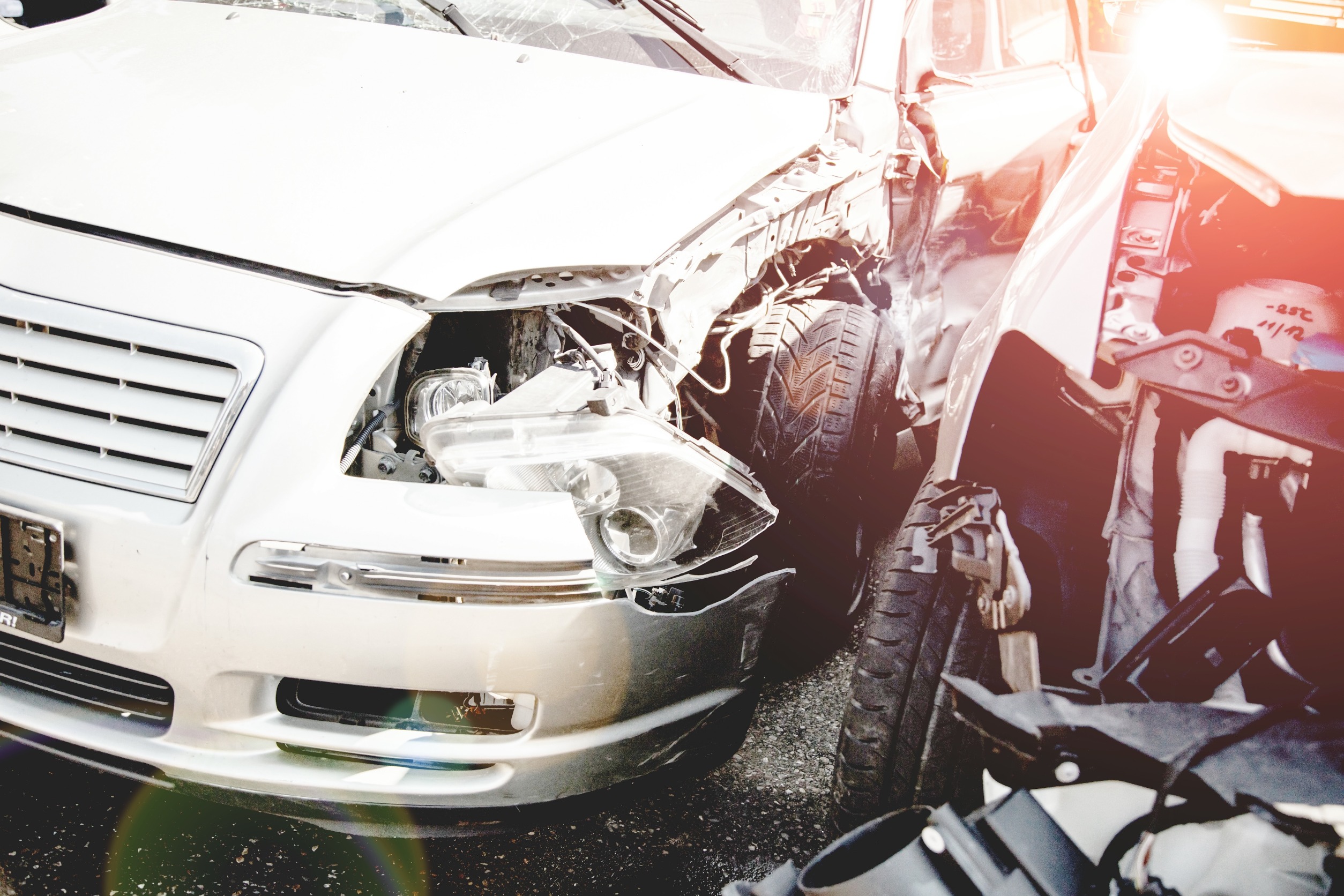Book a Consultation
Find out why so many clients appreciate the amount of work we put into their case.
"*" indicates required fields
Call 24/7

In the context of auto accidents, a total loss occurs when the cost of repairing a damaged vehicle exceeds its market value. Insurance companies typically determine a vehicle to be a total loss when the repairs are impractical compared to the vehicle’s pre-accident worth.
For accident victims, understanding what is a total loss car accident provides financial clarity, as knowing if your vehicle is a total loss helps you navigate insurance claims and settlements, ensuring you receive fair compensation.
It also aids in decision-making by allowing you to make informed choices about whether to repair, replace, or accept a payout for your vehicle. Also, being aware of total loss criteria protects you from disputes with insurance companies and ensures that your rights are upheld.
Valley Law Accident & Injury Lawyers are renowned for their expertise in handling auto accident claims, including cases involving total loss. With a dedicated team of legal professionals, we specialize in providing personalized support and robust legal representation to accident victims.
Our comprehensive understanding of insurance policies, accident laws, and the intricacies of total loss claims makes them a trusted ally for those seeking justice and fair compensation after an auto accident. Call us today at (801) 810-9999.
A vehicle is deemed a total loss when the cost to repair it exceeds its actual cash value (ACV) or when the damage is so extensive that it cannot be safely or practically repaired. This determination is made by insurance companies based on specific criteria.
Insurance companies evaluate several factors to decide if a vehicle is a total loss:
The repair cost is compared to the vehicle’s ACV. If the repair cost is close to or exceeds the ACV, the vehicle is considered a total loss.
The rationale is that investing in repairs that surpass the vehicle’s worth is not economically viable.
Insurance companies often use a percentage threshold to decide on total loss. This threshold typically ranges from 70% to 80% of the ACV.
For instance, if a vehicle’s ACV is $10,000 and the repair costs are projected to be $7,000 or more (70% of $10,000), the vehicle may be classified as a total loss. The exact threshold varies by insurer and state regulations.
When dealing with total loss compensation, several key factors influence the amount you may receive. Knowing what these are can help you navigate the claims process more effectively and ensure you receive fair compensation.
Understanding these factors provides a clearer picture of how total loss compensation is determined. If you need assistance navigating this process, seeking legal advice can ensure your rights are protected and that you receive a fair settlement.
The age and overall condition of your vehicle play a significant role in determining its actual cash value. Older vehicles or those with pre-existing wear and tear or mechanical issues typically have a lower ACV.
Conversely, newer vehicles or those in excellent condition before the accident will generally have a higher ACV.
The market value of your vehicle is determined by examining comparable vehicles in your area. Factors such as make, model, year, mileage, and market demand all influence the market value.
Insurance companies use this value as a benchmark to assess whether repairs are economically viable compared to the vehicle’s worth.
The severity and nature of the damage sustained in the accident are crucial in evaluating total loss. Extensive damage that compromises the vehicle’s structural integrity or safety features often leads to a total loss determination.
Additionally, certain types of damage, such as frame damage or flooding, can be more challenging and costly to repair, influencing the total loss assessment.
The salvage value is the estimated worth of your damaged vehicle if it were to be sold for parts or scrap. Insurance companies consider this value when calculating total loss compensation.
The higher the salvage value, the lower the compensation you may receive, as the insurer can recoup some costs by selling the salvaged vehicle.
Appraisers and adjusters play a crucial role in the total loss determination process:
To facilitate the total loss claim process, vehicle owners need to provide specific documentation:
Providing thorough and accurate documentation helps streamline the total loss evaluation process and ensures that the vehicle owner receives a fair settlement.
After a vehicle is declared a total loss, owners have several options to consider. The most straightforward choice is accepting the insurance payout, which involves receiving a check for the vehicle’s actual cash value minus any applicable deductibles.
This option provides immediate financial relief and allows the owner to purchase a replacement vehicle. Alternatively, some owners may choose to retain the salvage vehicle and receive a reduced payout.
In this scenario, the insurer pays the ACV minus the vehicle’s salvage value and deductibles. This option might be suitable for those who have an emotional attachment to their vehicle or believe they can repair it cost-effectively.
Lastly, the buyback option involves the owner purchasing the vehicle back from the insurance company after it has been declared a total loss. The owner pays the salvage value to the insurer and retains the vehicle.
This option can be practical if the owner has the means and willingness to handle the repairs. However, it’s important to note that vehicles with salvage titles can be difficult to insure and may have significantly reduced resale value.
Each option has its own implications, and vehicle owners should carefully consider their circumstances and consult with professionals to make an informed decision.
Comprehending the concept of total loss is vital for accident victims. It provides financial clarity, guides decision-making about your vehicle, and protects your legal rights.
Knowing the criteria used by insurance companies to determine a total loss ensures that you are better equipped to handle your claims and secure fair compensation.
Navigating total loss claims can be complex and overwhelming. Seeking legal advice ensures that you receive expert guidance and support throughout the process.
A knowledgeable Salt Lake City car accident attorney can help you understand your rights, negotiate with insurance companies, and advocate for your best interests. For further assistance with total loss claims and other accident-related legal matters, contact Valley Law Accident & Injury Lawyers.
Our experienced team is ready to provide you with the professional support you need. Reach out to us at (801) 810-9999.
Get in touch


2021 and 2022 Gold Winner for Top Law Firm by Salt City Best
Call 24/7 801-810-9999